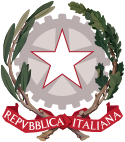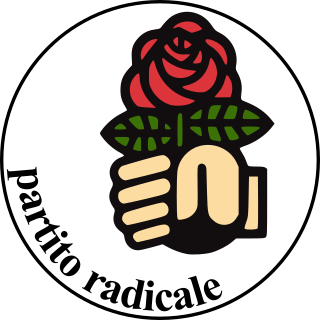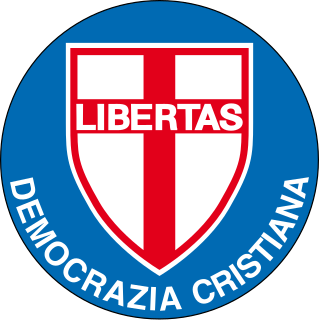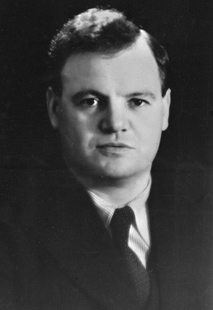| Referendum on the Abrogation of the Divorce Law 12 May 1974 | ||||||||||||||||||||||
|---|---|---|---|---|---|---|---|---|---|---|---|---|---|---|---|---|---|---|---|---|---|---|
| Do you want the Law of 1 December 1970, No. 898, on the regulation of cases of dissolution of marriage, to be abrogated? | ||||||||||||||||||||||
| ||||||||||||||||||||||
 |
|---|
| This article is part of a series on the politics and government of Italy |
| Constitution |
|
| Foreign relations |
Related topics |
A referendum on the divorce law was held in Italy on 12 May 1974. [1] Voters were asked whether they wanted to repeal a government law passed three years earlier allowing divorce for the first time in modern Italian history. Those voting "yes" wanted to outlaw divorce as had been the case before the law came into effect, and those voting "no" wanted to retain the law and their newly gained right to divorce. The referendum was defeated by margin of 59.26% to 40.74% on a voter turnout of 87.72% out of 37 million eligible voters, thus allowing the divorce laws to remain in force.
Divorce, also known as dissolution of marriage, is the process of terminating a marriage or marital union. Divorce usually entails the canceling or reorganizing of the legal duties and responsibilities of marriage, thus dissolving the bonds of matrimony between a married couple under the rule of law of the particular country or state. Divorce laws vary considerably around the world, but in most countries divorce requires the sanction of a court or other authority in a legal process, which may involve issues of distribution of property, child custody, alimony, child visitation / access, parenting time, child support, and division of debt. In most countries, monogamy is required by law, so divorce allows each former partner to marry another person; where polygyny is legal but polyandry is not, divorce allows the woman to marry another person.

Italy, officially the Italian Republic, is a country in Southern Europe. Located in the middle of the Mediterranean Sea, Italy shares open land borders with France, Switzerland, Austria, Slovenia and the enclaved microstates San Marino and Vatican City. Italy covers an area of 301,340 km2 (116,350 sq mi) and has a largely temperate seasonal and Mediterranean climate. With around 61 million inhabitants, it is the fourth-most populous EU member state and the most populous country in Southern Europe.

Voter turnout is the percentage of eligible voters who cast a ballot in an election. Eligibility varies by country, and the voting-eligible population should not be confused with the total adult population. Age and citizenship status are often among the criteria used to determine eligibility, but some countries further restrict eligibility based on sex, race, or religion.
Contents
- Initial petitions
- Political party positions
- Confusion about voting methods
- Censorship on television
- Results
- See also
- References
This vote was the first of its kind in the country, being the first regular legislative referendum held by the Italian Republic 27 years after the Italian constitution, which allowed such referendums, was approved. It was considered a major victory for the civil rights and anti-clericalism movements, and for the Italian Radical Party.
Anti-clericalism is opposition to religious authority, typically in social or political matters. Historical anti-clericalism has mainly been opposed to the influence of Roman Catholicism. Anti-clericalism is related to secularism, which seeks to remove the church from all aspects of public and political life, and its involvement in the everyday life of the citizen.

The Radical Party was a political party in Italy. For decades it was a bastion of liberalism and radicalism in Italy and proposed itself as the strongest opposition to the Italian political establishment, seen as corrupt and conservative. Although it never reached high shares of vote and never participated in government, the party had close relations with the other parties of the Italian left—from the Republicans and the Socialists to the Communists and Proletarian Democracy—and opened its ranks also to members of other parties, through dual membership.


















